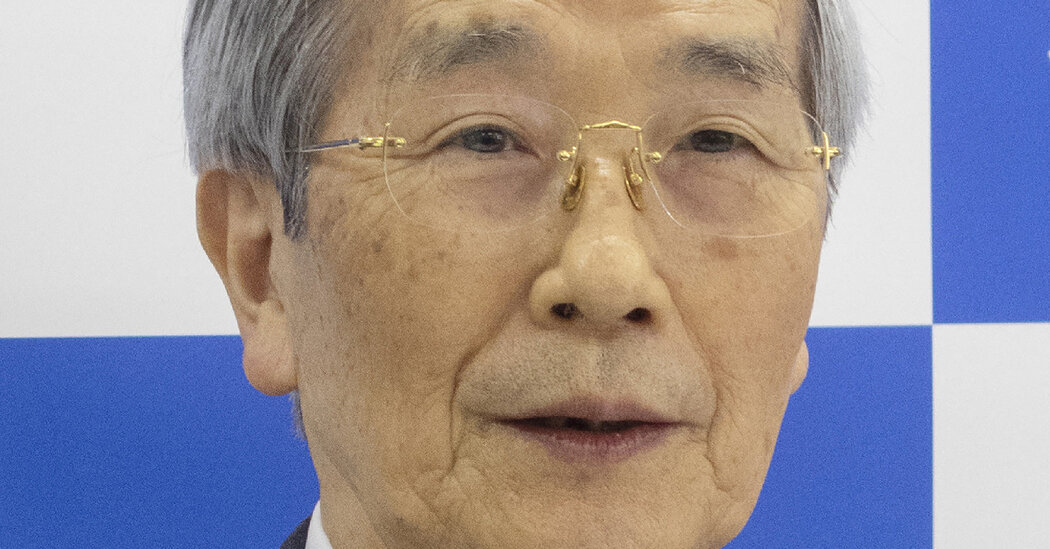The Japanese biochemist found in the 1970s that cholesterol-lowering drugs lowered the LDL, or “bad” cholesterol, level in the blood.
Akira Endo, a Japanese biochemist whose research on fungi helped to lay the groundwork for widely prescribed drugs that lower a type of cholesterol that contributes to heart disease, died on June 5. He was 90.
Chiba Kazuhiro, the president of Tokyo University of Agriculture and Technology, where Dr. Endo was a professor emeritus, confirmed the death in a statement. The statement did not give a cause or say where he died.
Cholesterol, mostly made in the liver, has important functions in the body. It is also a major contributor to coronary artery disease, a leading cause of death in the United States, Japan and many other countries.
In the early 1970s, Dr. Endo grew fungi in an effort to find a natural substance that could block a crucial enzyme that is part of the production of cholesterol. Some scientists worried that doing so might threaten cholesterol’s positive functions.
But by 1980, Dr. Endo’s team had found that a cholesterol-lowering drug, or statin, lowered the LDL, or “bad” cholesterol level, in the blood. And by 1987, after other researchers in the field had published additional research on statins, Merck was manufacturing the first licensed statin.
Such drugs have proven effective in reducing the risk for cardiovascular disease, and millions of people in the United States and beyond now take them for high levels of LDL.
